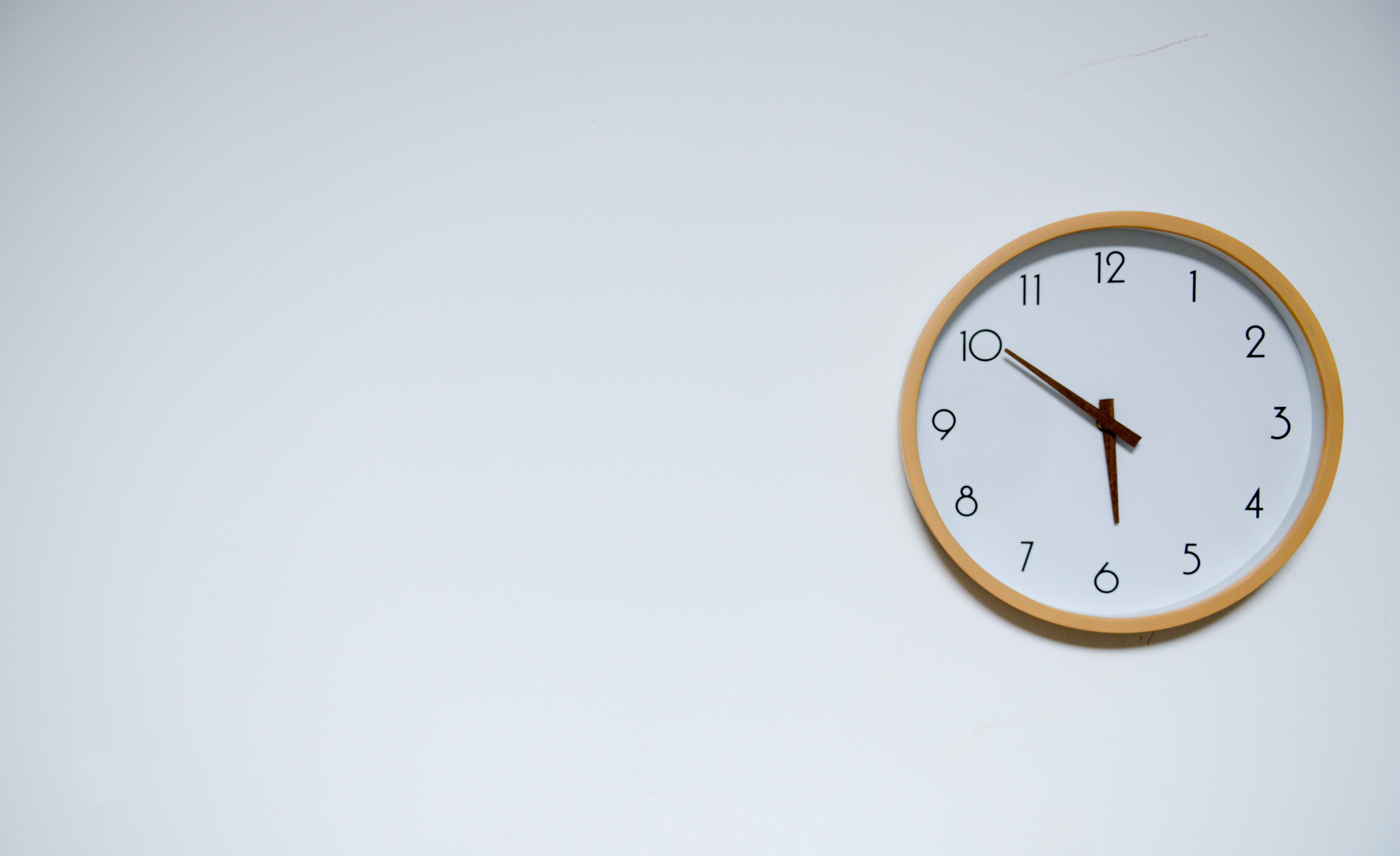To do two things at once is to do neither.
— Publilius Syrus
Have you fooled yourself into thing doing more than one thing at the same time is helping you be super productive as you begin your career?
As a digital native, you may be tempted to transfer your amazing multi-tasking capability into the workplace. At a time when you need to be focused on learning, absorbing and adapting to a new career, however, multi-tasking can actually take you in the wrong direction.
Do you tend to multi-task in your job?
1. Do you find yourself with many browser windows open on your desktop at one time?
2. Do you flit from file folder to file folder on your desk without actually completing a task for any of them?
3. Do you find yourself stopping mid-task to check email, IM, Facebook, Twitter or other interruptive devices?
4. Do you sit on conference calls or virtual meetings and process email or do other work while you’re on the call?
5. Do you have conversations with others while checking email or texting?
6. Do you finish your day thinking “I was so busy,” but you feel like you didn’t make any real progress?
If you answered yes to ANY of these questions, you are susceptible to the multi-tasking virus.
The misleading nature of multi-tasking
Multi-tasking may make you feel more productive, but it just tricks you into thinking that. In reality you are actually switching between one task another, which requires more brain energy and takes more time than if you focused on single tasks individually.
Because your brain is switching from one activity to another, neither is commanding the time and attention you would give to individually with sustained focus. You think you are being more productive, but in fact, you are compromising the quality of the work you do.
Starting your career means you need to be devoted to learning all kinds of new information, people and processes. Multi-tasking while you’re doing that could put critical learning needs at risk. You just don’t get transformational learning concepts when you’re doing two things at once.
Try these 10 ideas to overcome multi-tasking tendencies and create new, healthier habits.
1. Own your multi-tasking behavior. If you find yourself doing it, stop, call it out to yourself, and make a conscious decision to focus on one single thing.
2. Heads down. Schedule your most important work. Put key projects on your calendar, block the time, and focus on nothing else while you are doing that work.
3. Work in focused time blocks, and do nothing else in that block. Focus on key stuff in 20-minute blocks while you’re heads down. After 20, take a quick break, walk around the office, get a drink, and go for another 20.
4. Turn off your email notifier. These are addictive little devices that interrupt us but often contain more temptation than meaning. Resist! Schedule time each day to go through email. Then, focus ONLY on the email!
5. Put a do not disturb sign on your cube, desk, office door, if you have drive-by interruptions. Let people know you are developing some new, more productive habits, and that you’d appreciate their cooperation.
6. Put your technology systems on hold. Instant messaging system, mobile phones, texts, social media, should all be in the “off” while you’re heads down.
7. Stop multi-tasking on phone calls. Smash this bad habit, and give yourself the luxury of focusing totally on the conversation that’s happening.
8. Reward. If you go a whole day without multi-tasking, treat yourself to a sinful dessert, a coffee, or sushi night.
9. Commemorate your progress. Sometimes we forget how far we’ve come when we’re trying something new. Grab a notebook and jot down what it’s like at the beginning, and then note how you feel as you get more practice around this. When you get more confidence you’ll be amazed at how hard it was at the beginning, and proud of how far you come!
10. Find a tribe. If you struggle with changing your multi-tasking mindset, find a few folks and commit to improving together. Social accountability can go a long way in helping you create good habits. Share the challenges with like-minded colleagues and then celebrate your wins together!
The bottom line is that while you may be able to keep multiple priorities in play, your work is going to be best accomplished by taking one thing at a time. You’ll also be less prone to burnout, frustration and overwhelm. Try it, and see.
Image: Canva.com

I definitely struggle with trying to multitask. Often, my downfall is email. I try to address it in chunks, not one by one. I agree that dividing your day into chunks of productivity is a good idea. I try to reward myself for focusing during the chunk by getting up and moving away from the desk for something. A quick break from things can help you get focused again for your next period of productivity.
Hi Kristen and thanks for your comment. I like what you have on your blog as well! I agree email is a big productivity sink, and stress inducer. Here are some other ideas you might think about. Create a rule so all your newsletters and non essential email go right into a folder, so you can view them at leisure. Any messages that you’re copied on, have them go into a folder as well. Usually I find being in the CC line is more “fyi” than “action required,” so it’s less urgent. Turn off the notifier, I heard a speaker say it’s actually an addictive technique, much like they us video game design! Love the reward idea, and agree, its a tough one to manage to stay productive. Thanks for visiting!